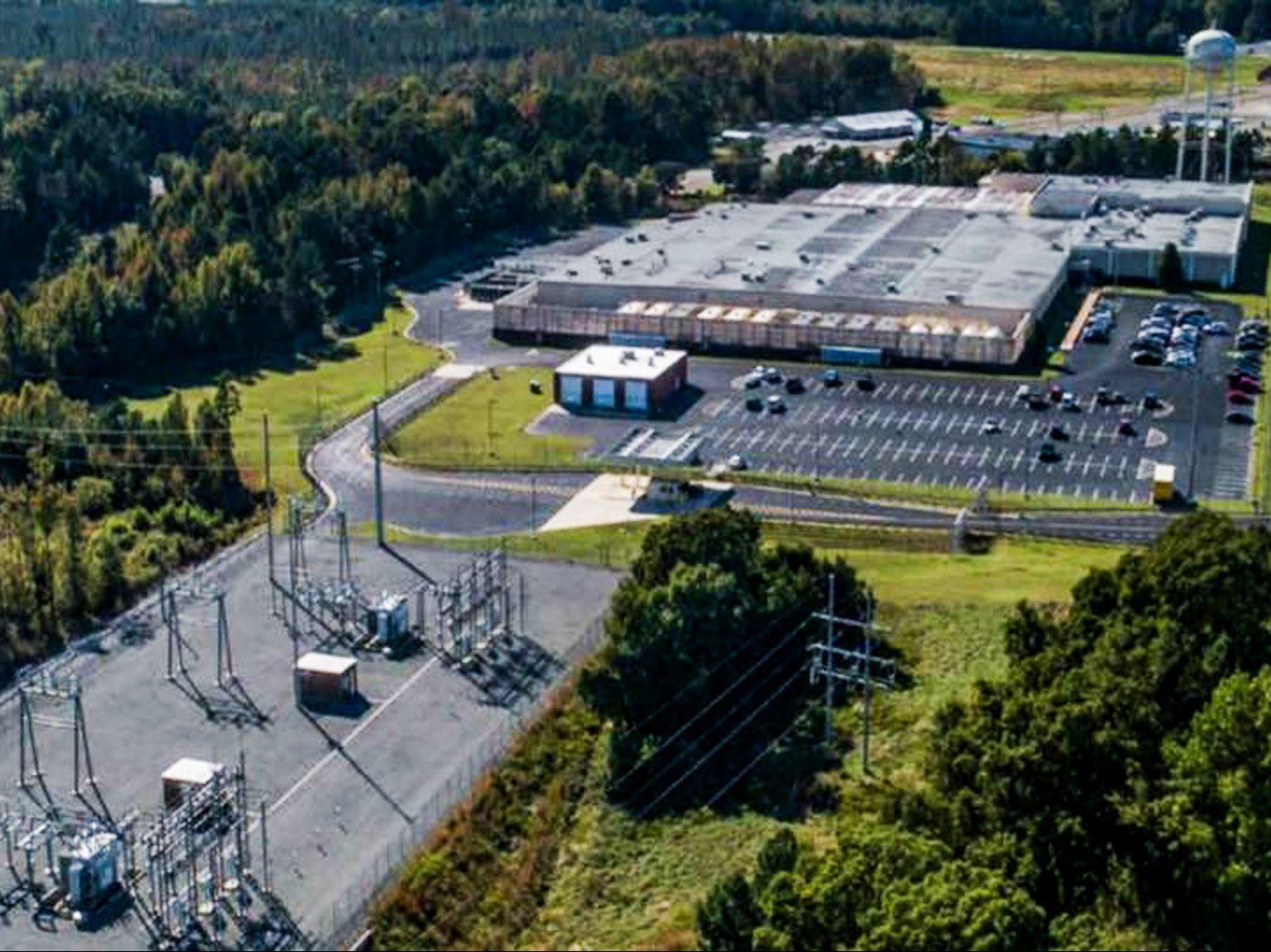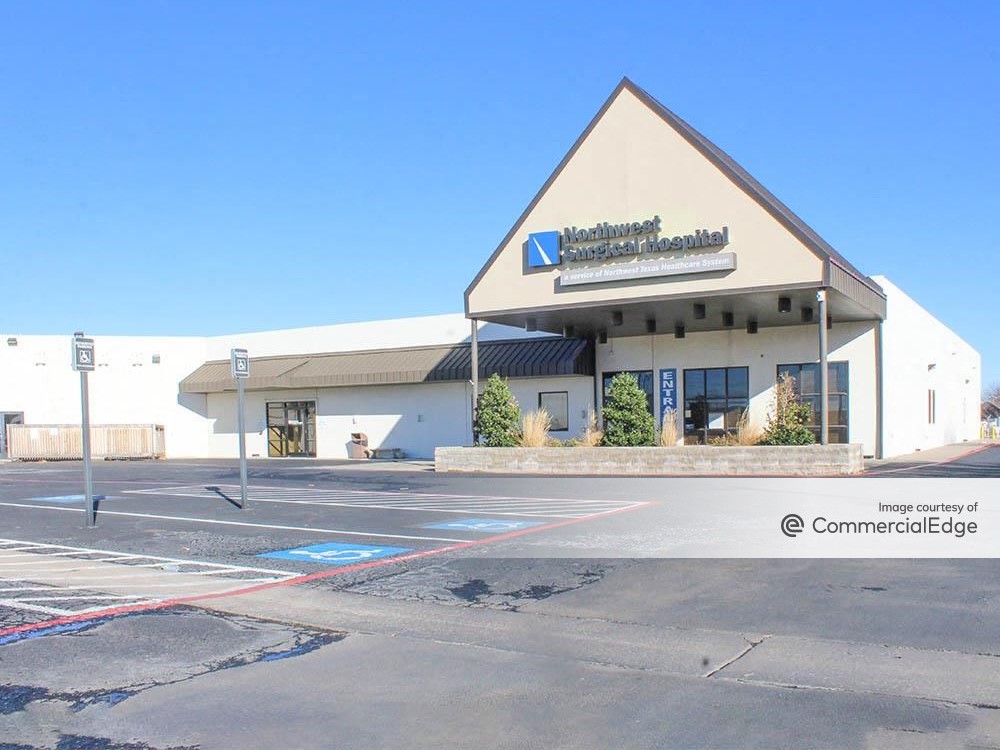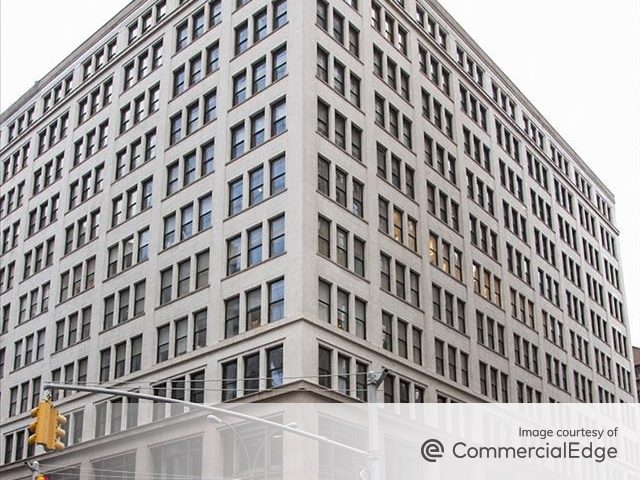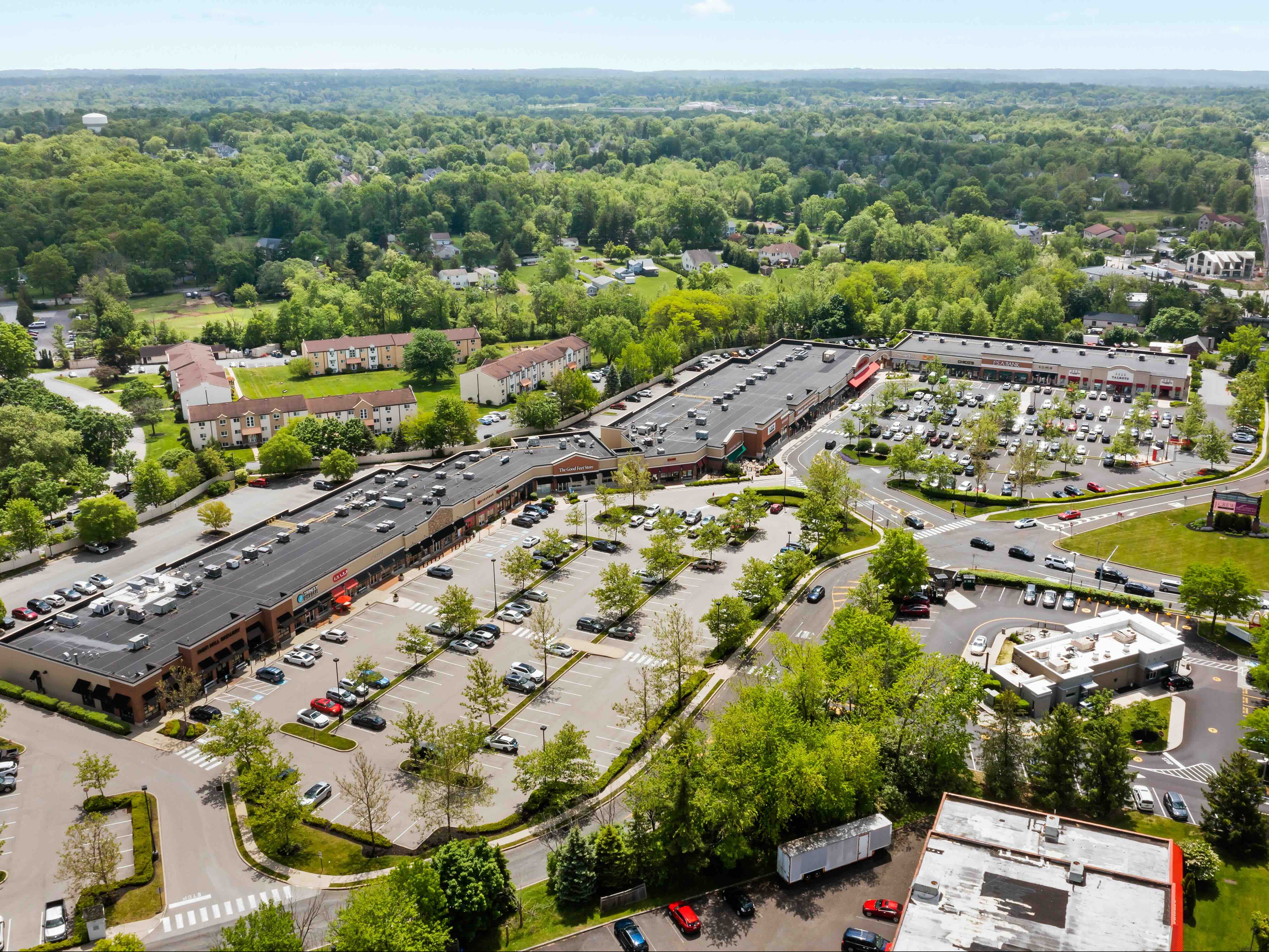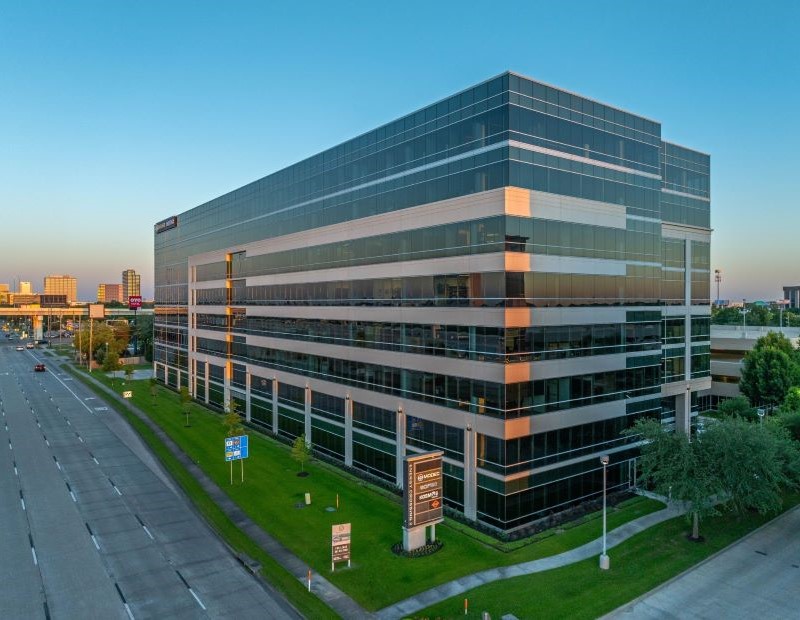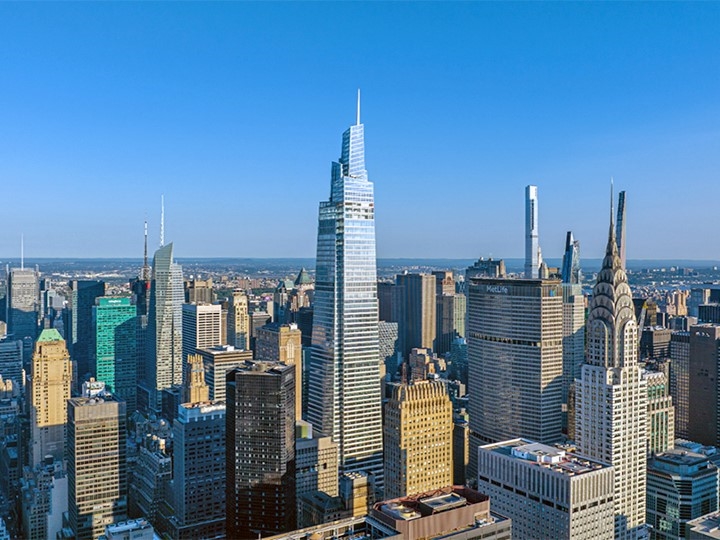NFL’s Largest Stadium Holds Virtual Ribbon-Cutting Ceremony
The developers of the 3.1 million-square-foot Los Angeles facility have marked its debut on the eve of its first event.
SoFi Stadium, the new home of the Los Angeles Rams and Los Angeles Chargers in Inglewood, Calif., will soon host its very first event, and in celebration of the 3.1 million-square-foot-facility‘s inaugural year, developers have held a virtual ribbon-cutting ceremony.
READ ALSO: CRE Development Is Hampered by COVID-19 Protocols
Stanley Kroenke, owner & chairman of the Los Angeles Rams and developer of SoFi Stadium and the nearly $5 billion Hollywood Park mixed-use sports and entertainment complex where the facility will be the centerpiece, participated in the September 8 ceremony, as did Dean Spanos, owner & chairman of the Los Angeles Chargers and Inglewood Mayor James Butts.
SoFi Stadium’s first event will take place on September 13, with the Rams hosting the Dallas Cowboys at the 70,000-seat facility. AECOM Hunt and Turner Construction are serving as general contractors of the development, which will be able to accommodate as many as 100,000 spectators for special events. Designed by architectural firm HKS, SoFi Stadium will break new ground in more ways than one. It will be the NFL’s largest stadium, as well as the first open-air, indoor-outdoor venue to be built in the U.S. and the first football stadium to be erected in Los Angeles in nearly a century. And the list of records continues, with the all-digital venue’s 90,000 square feet of digital LED in the seating bowl, 70,000 square feet of which comprises the largest and only 4k end-to-end videoboard in the sports world.
While the COVID-19 pandemic has had a certain impact on veritably every construction project in the country, it has not left SoFi stadium without a lengthy roster of high-profile commitments. The arena will be home to Super Bowl LVI in 2022 and will host the opening and closing ceremonies of the 2028 Olympic Games.
Events in the age of coronavirus
SoFi Stadium first broke ground in November 2016, when the notion of a global pandemic playing a role in the development of a sports arena was unheard of and of no consideration. However, developers of projects like SoFi Stadium have had to prepare to adapt to the “new normal.” While the project’s developers haven’t publicized any specific design changes related to the pandemic, in a new report on phased return, AECOM outlines guidelines for a safe and managed experience at new and existing sports & entertainment venues. The construction company also notes that adapting to the pandemic now will have benefits well into the future.
“Actions taken to address the requirements of dealing with coronavirus will not be wasted if and when a vaccine is found,” according to the AECOM report. “For future pandemics and general venue and event operations, much will have been learnt about fan and staff behavior and communication. This can yield positive changes that could ultimately streamline the fan experience and improve a venue’s operational dynamics in the long-term.”

